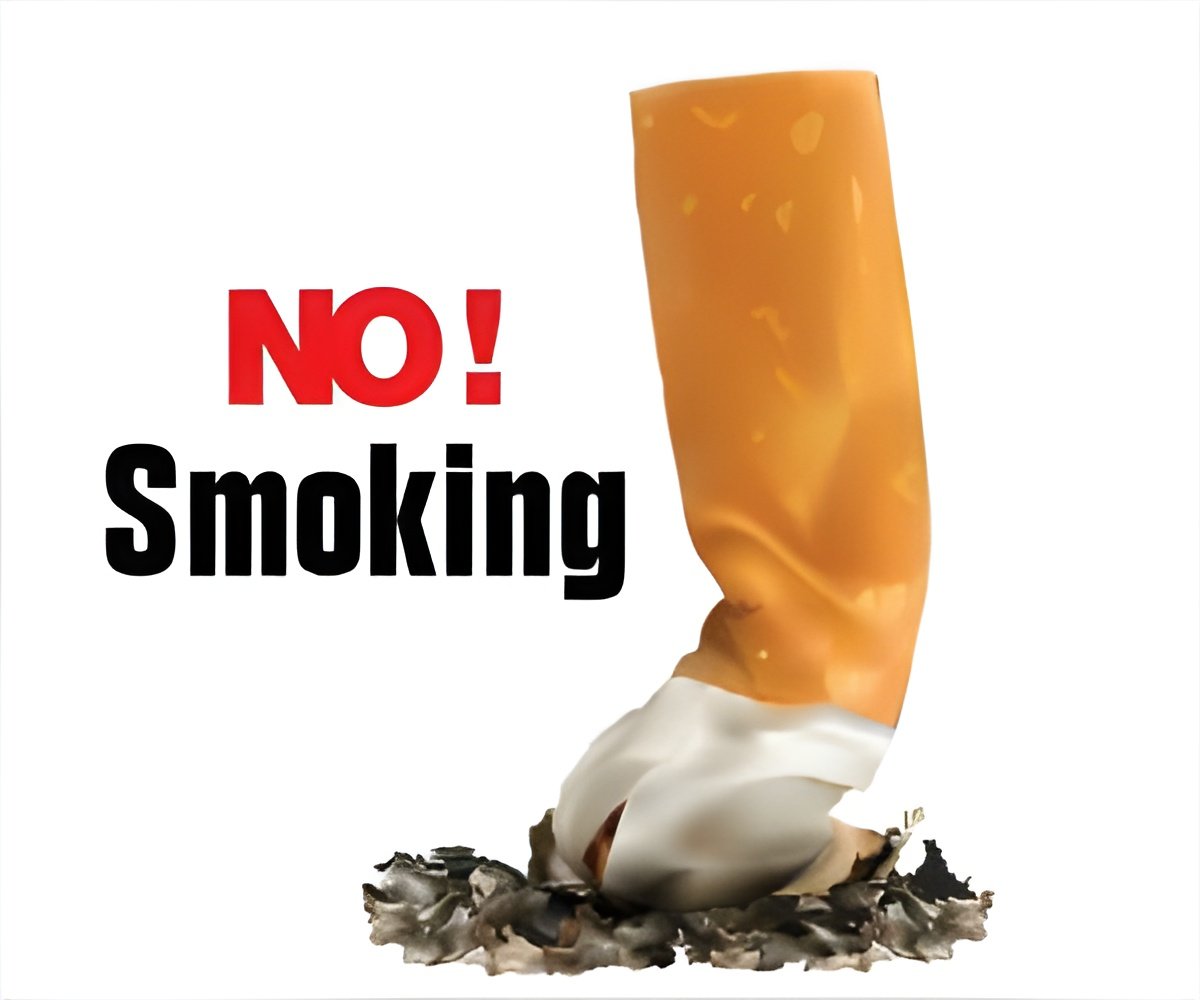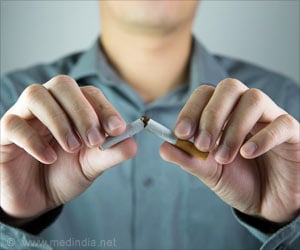
"As we continue to see smoking as the number one cause of preventable death in the US, it is important for employers to consider different options to help their workers quit," said senior author Kevin Volpp from the University of Pennsylvania.
The findings are the result of a trial among CVS Caremark (now CVS Health) employees. The study enrolled 2,538 participants from across the US during an eight-month period in 2012.
The employees were given different financial incentives, each worth roughly $800, and they could participate in the programs either individually or in groups.
Contrary to the researchers’ expectations, the group-oriented programs were not significantly more successful than the individual-oriented programs -- 14 vs. 12%.
CVS Health said it would soon launch a campaign called "700 Good Reasons", whereby all employees who smoke would have to deposit just $50 (Rs.3,178), and if they tested negative for tobacco 12 months later, they would get back their $50 plus $700 (Rs.44,502) more, the company said.
Advertisement
Source-IANS










